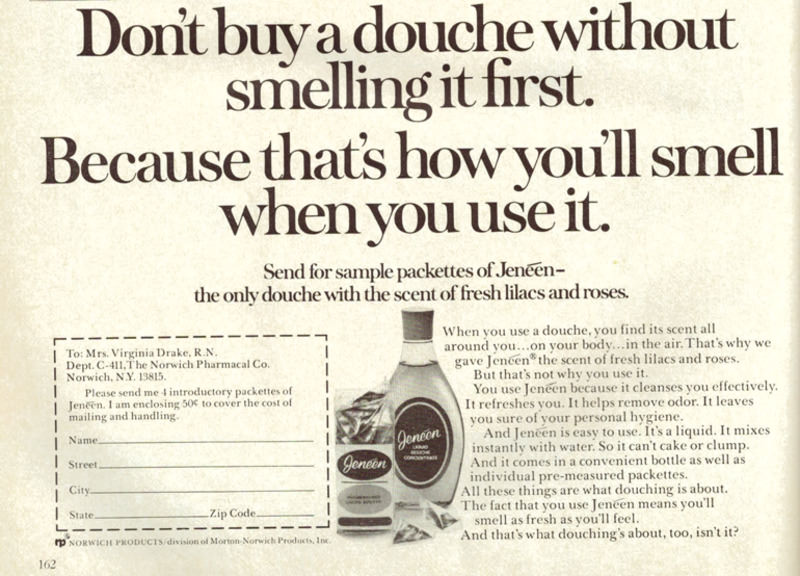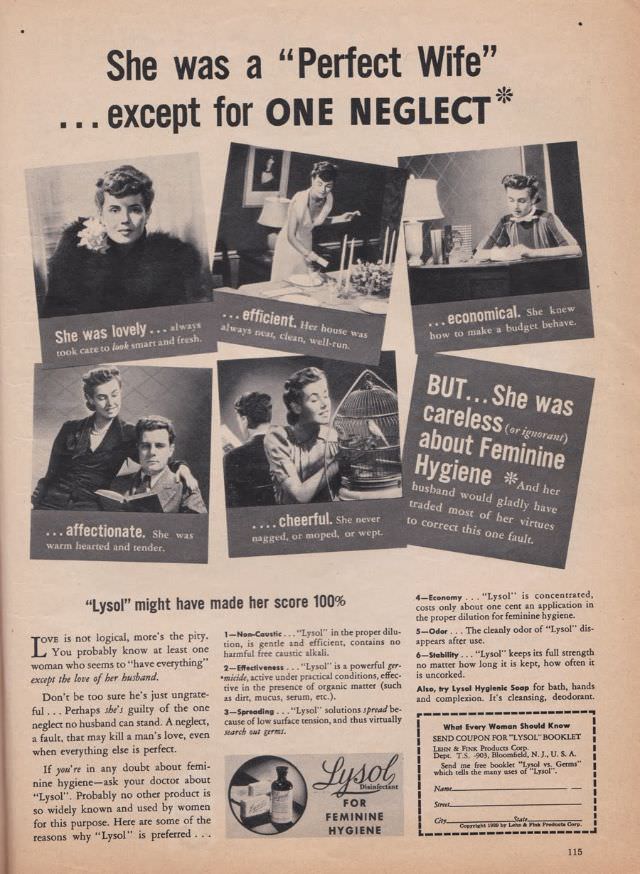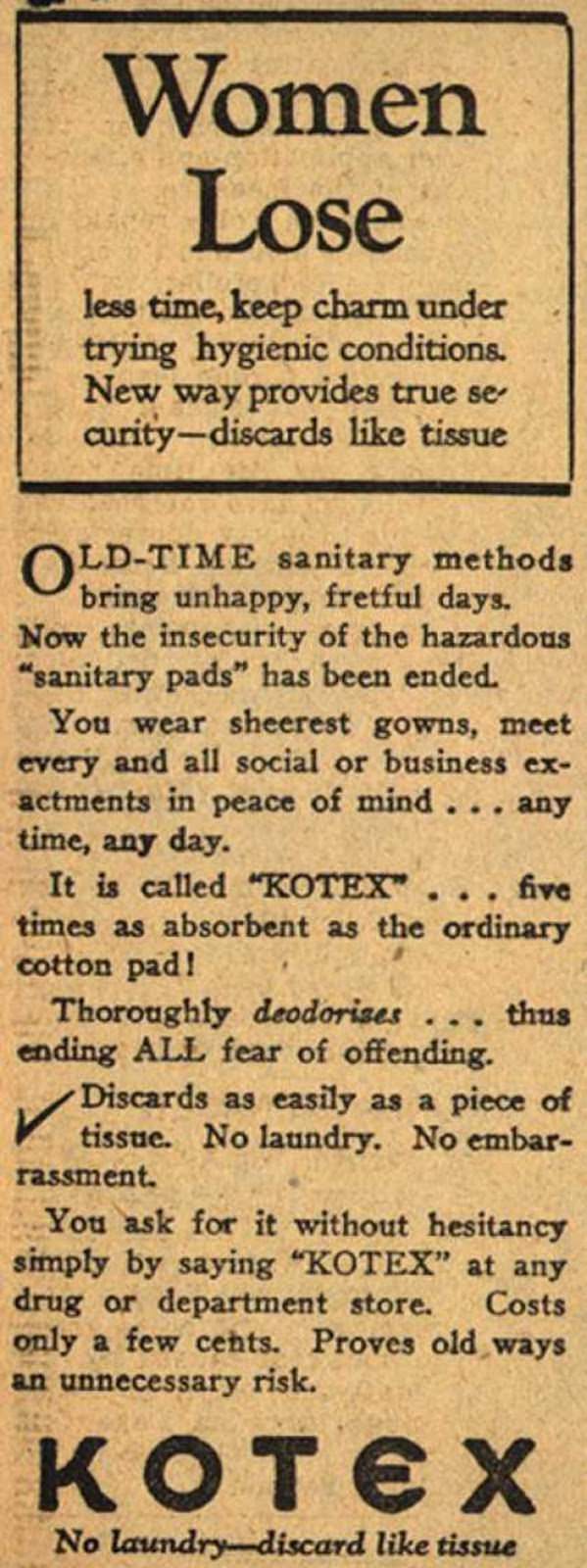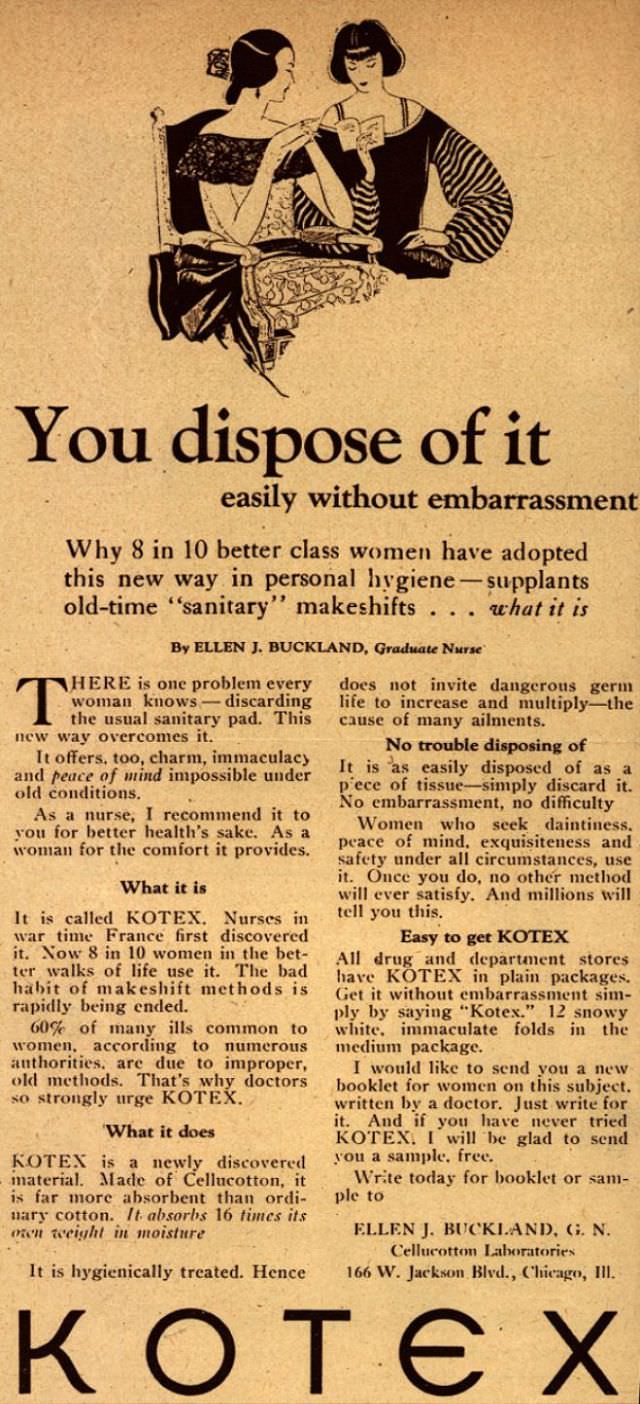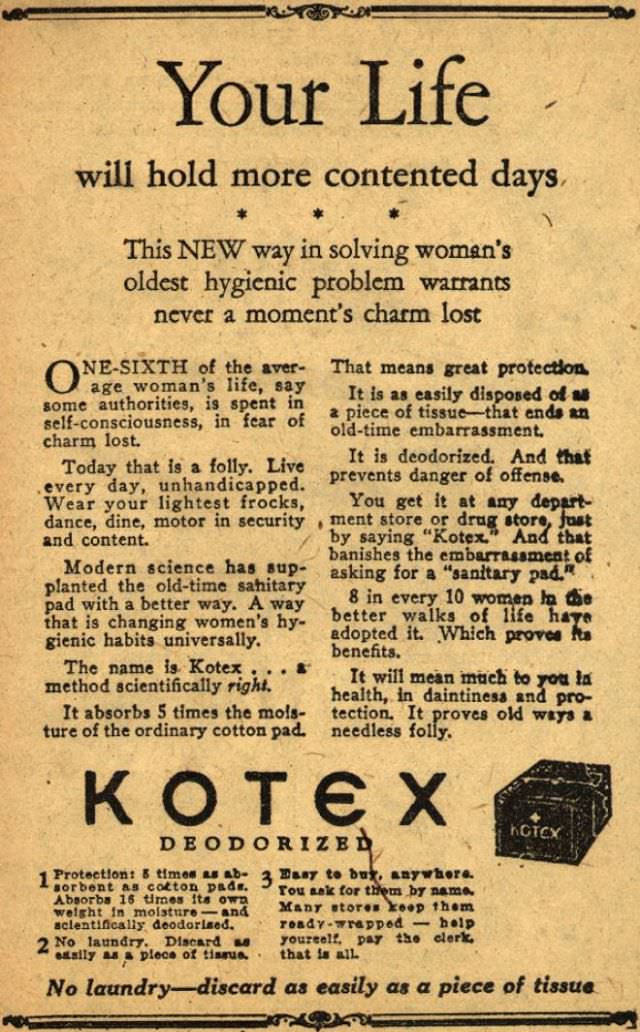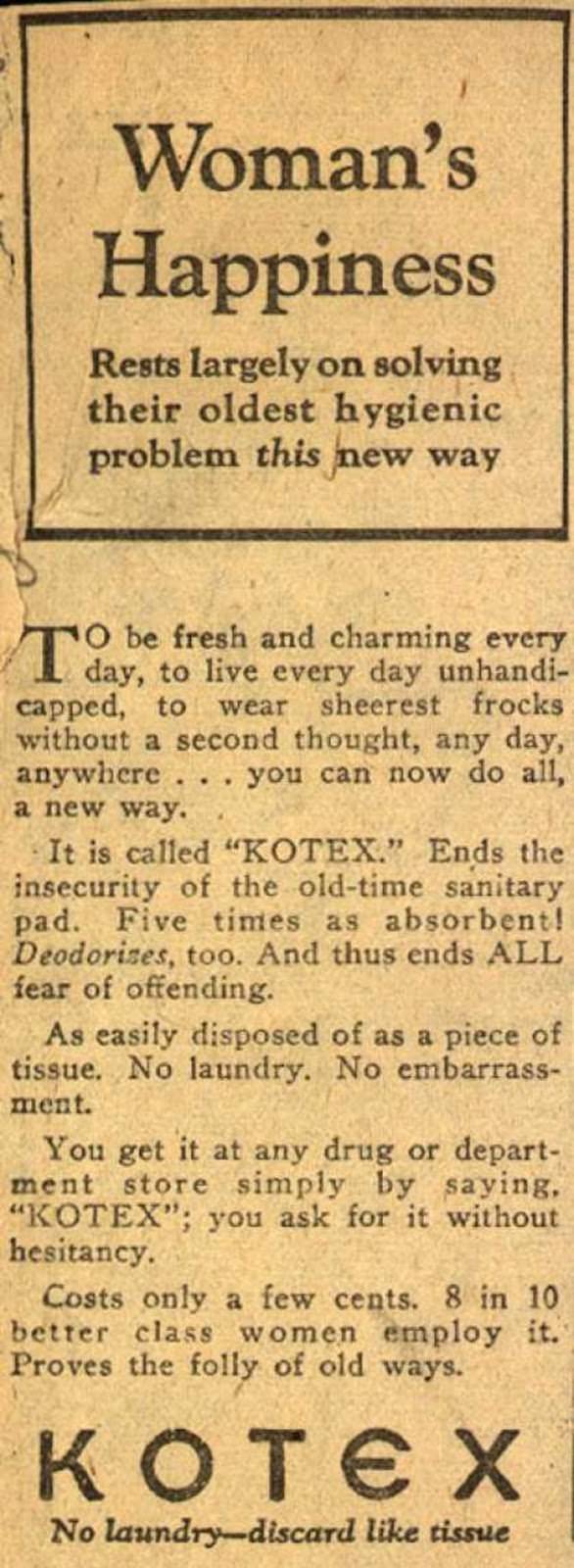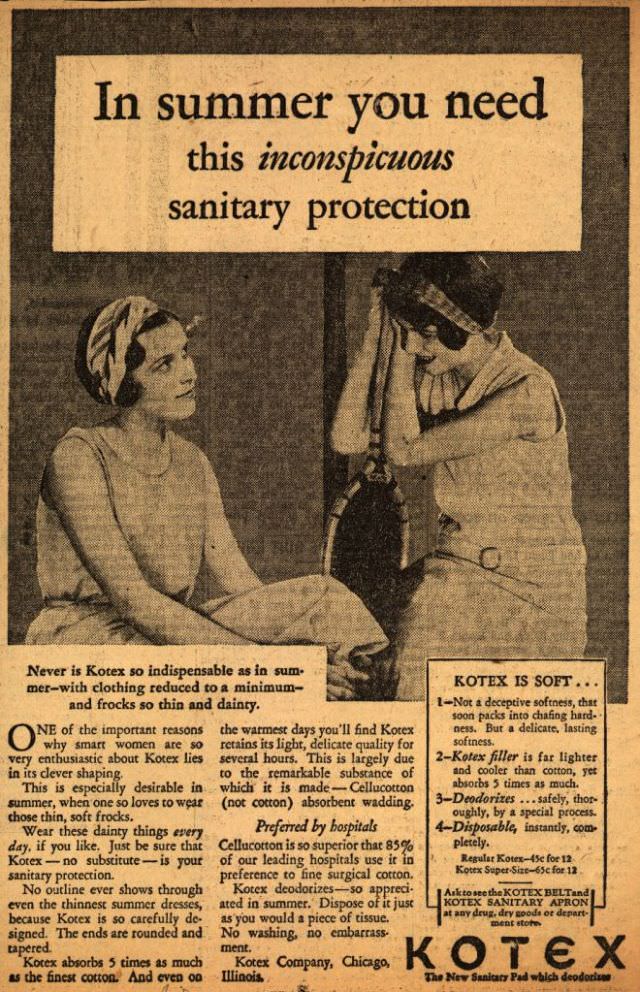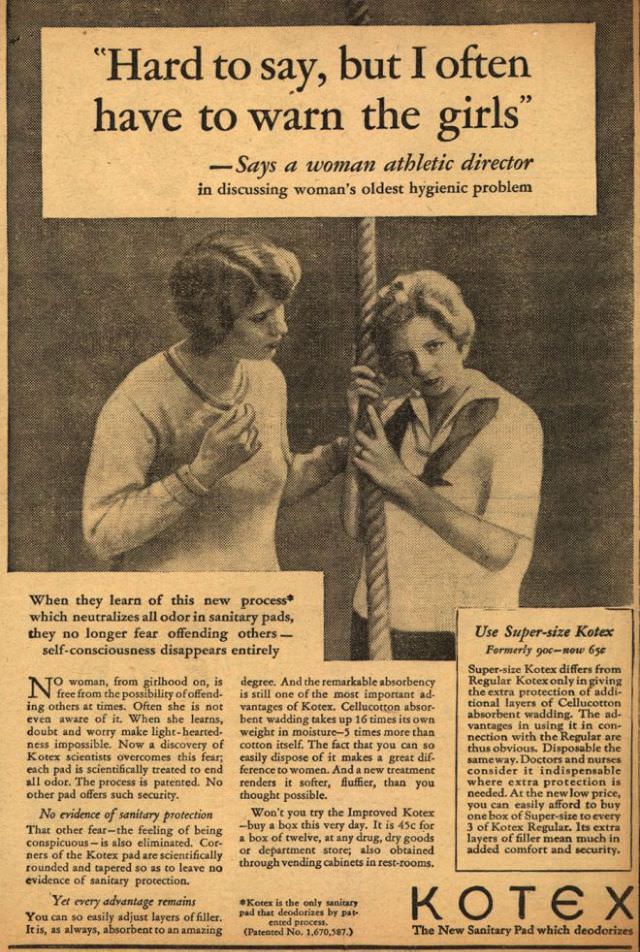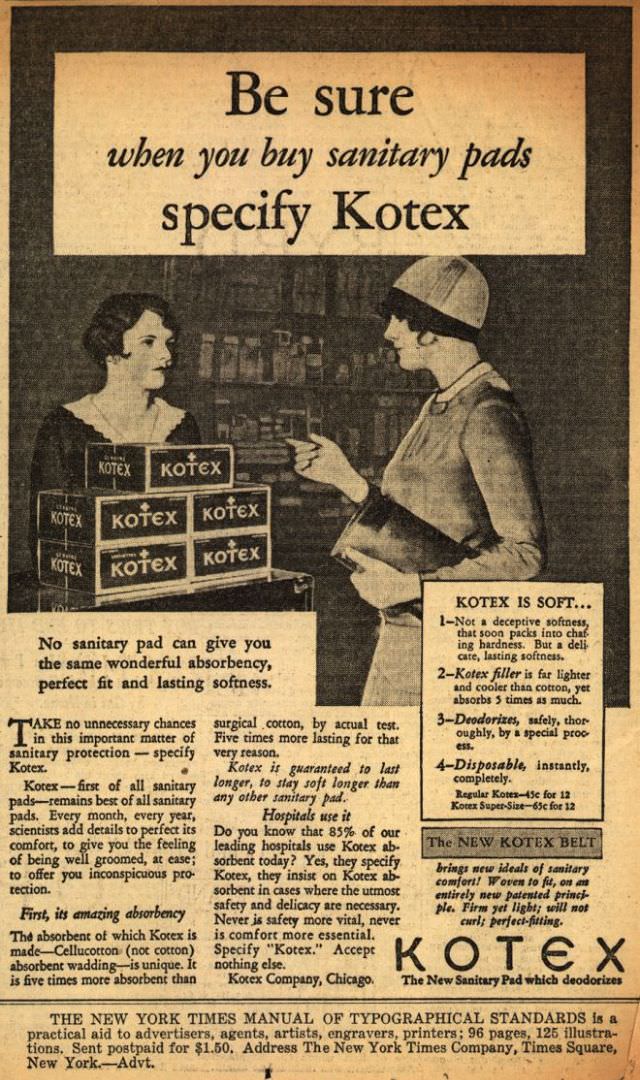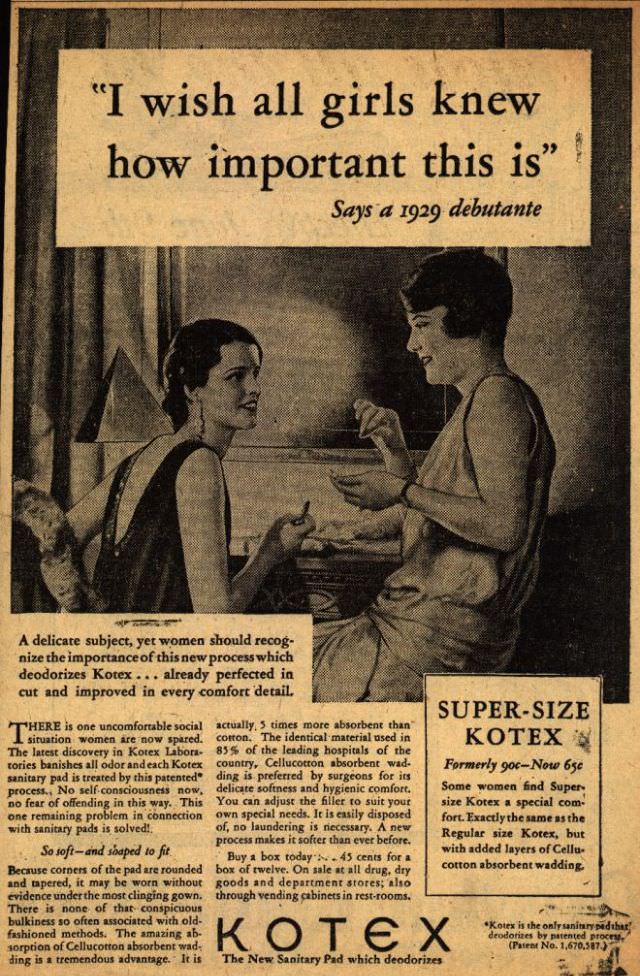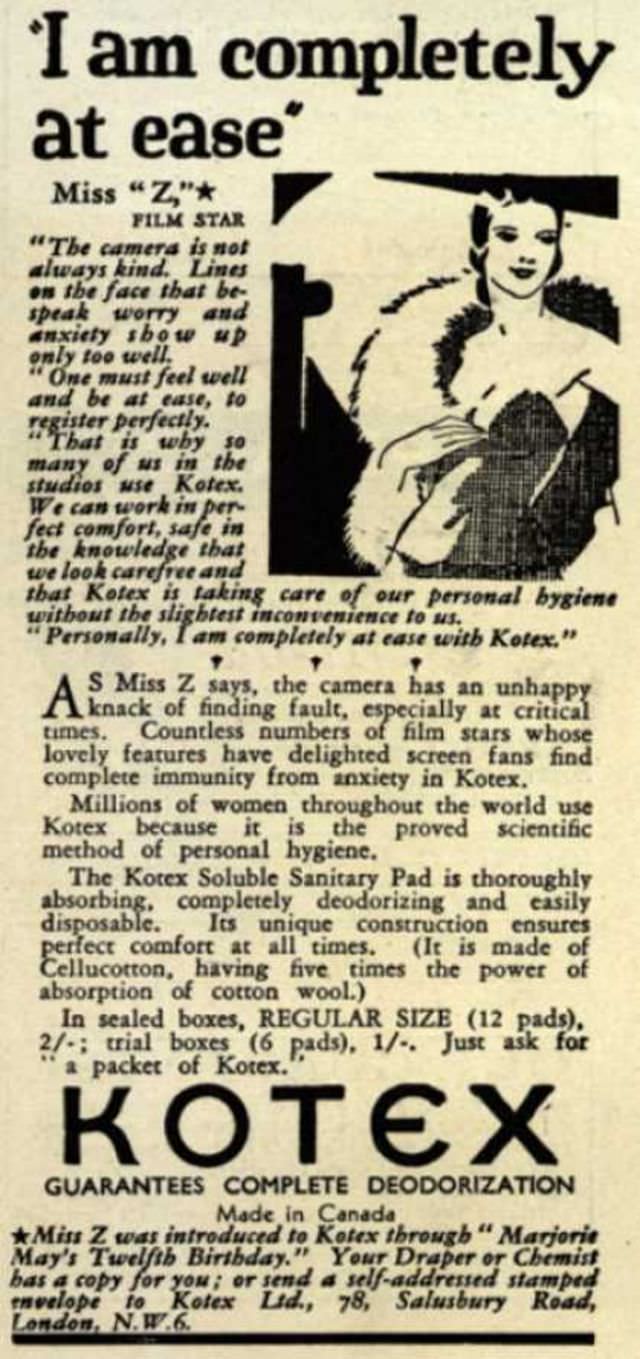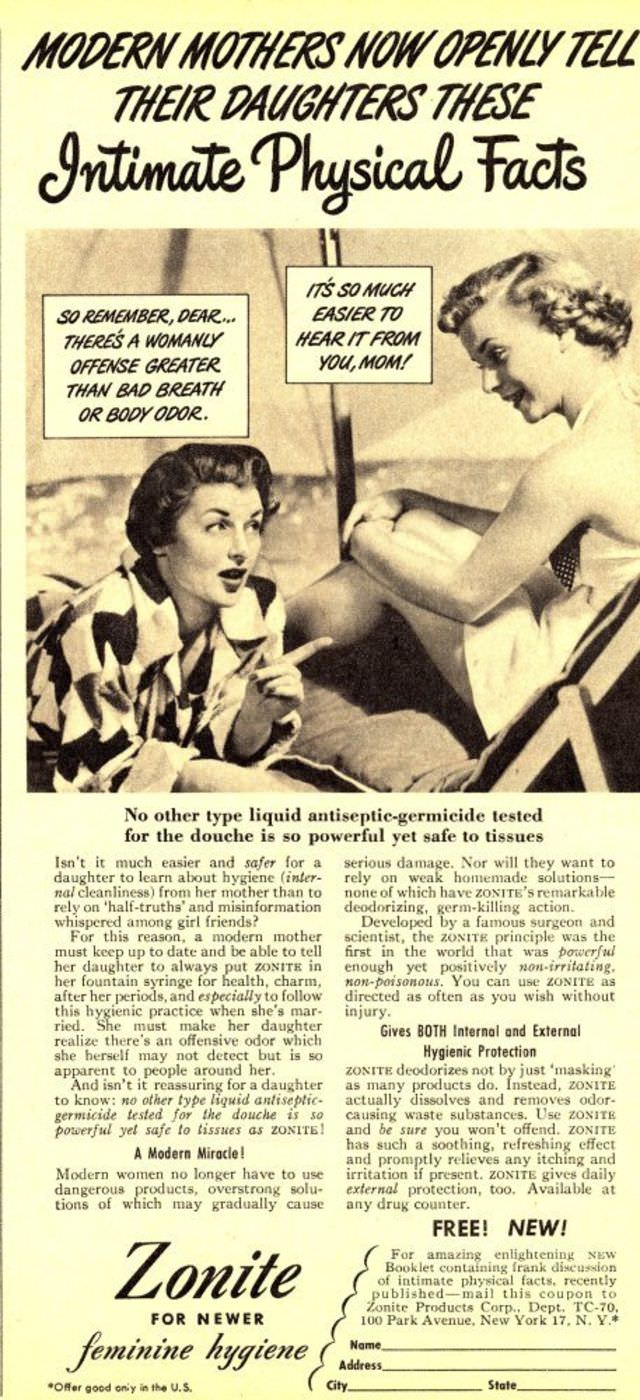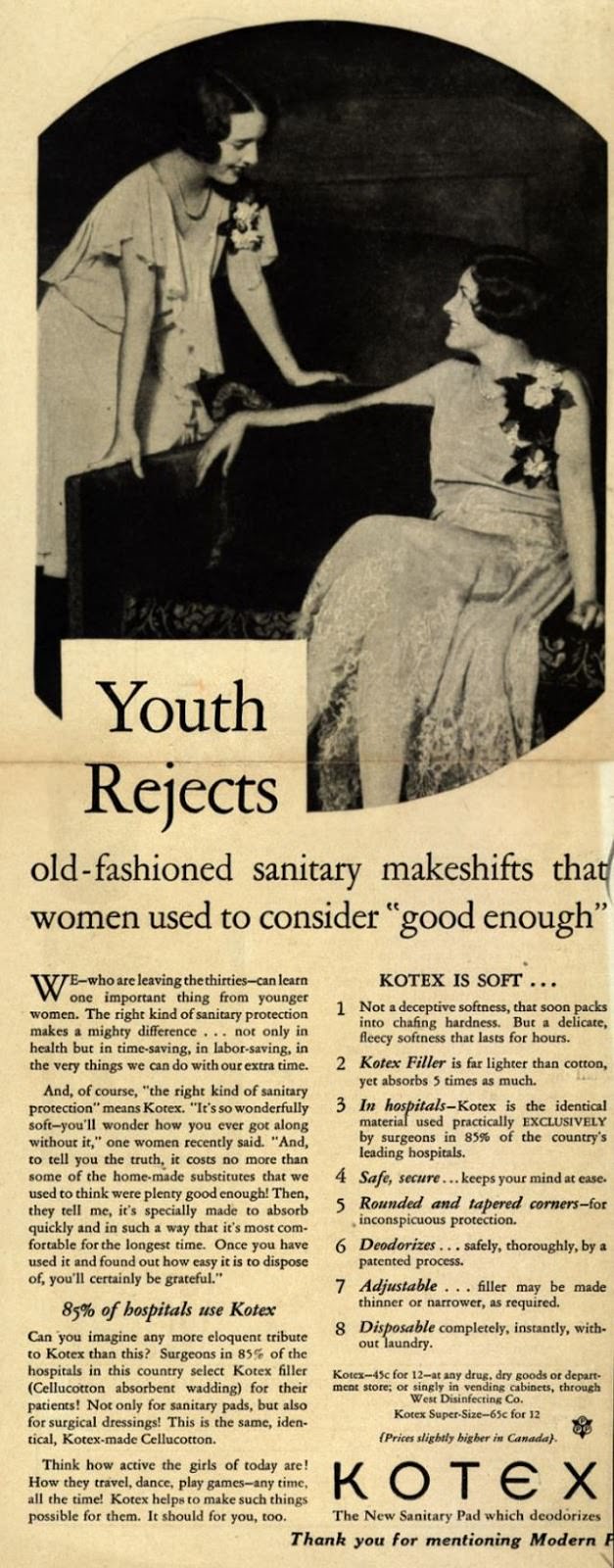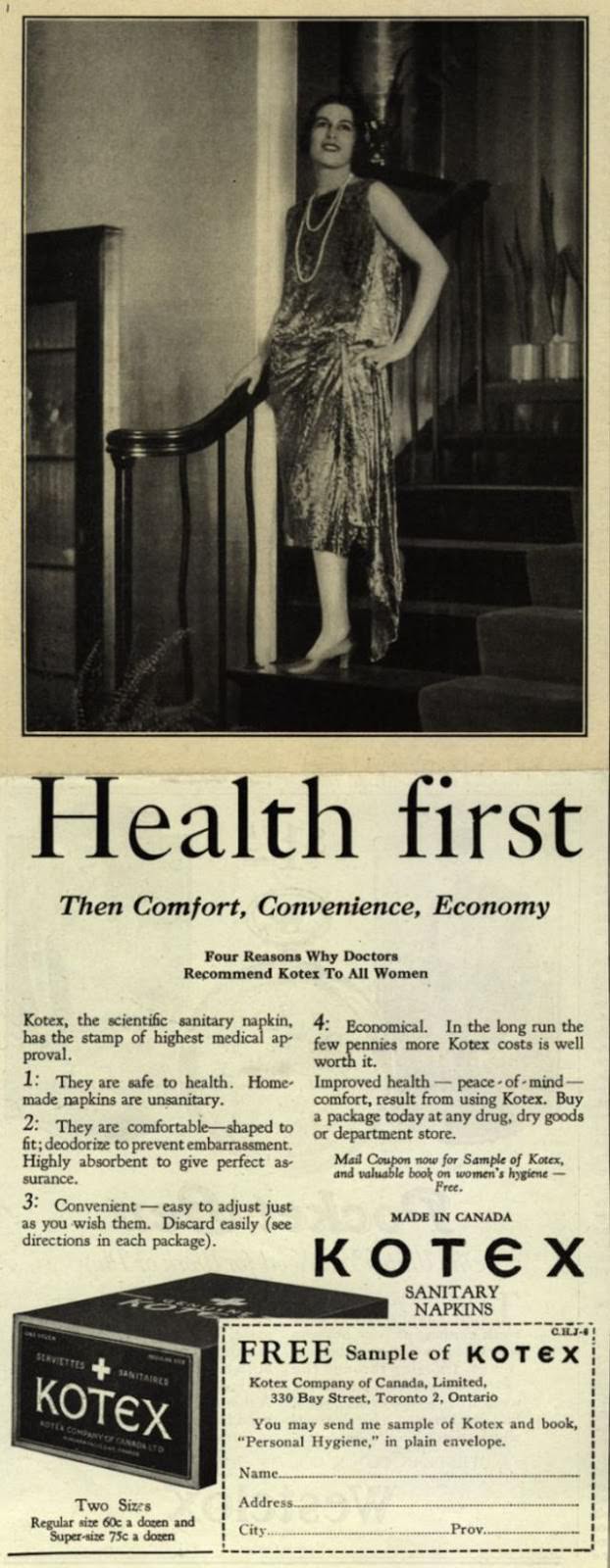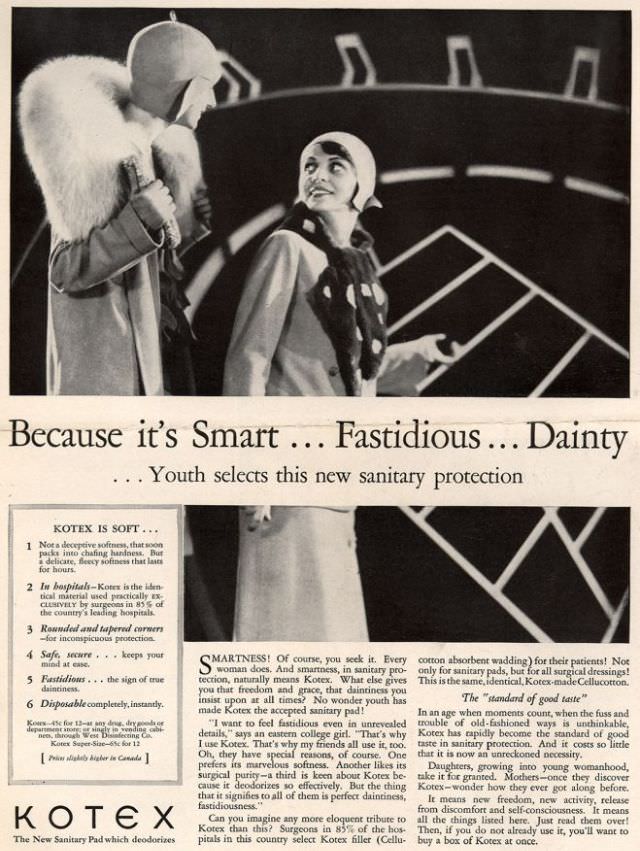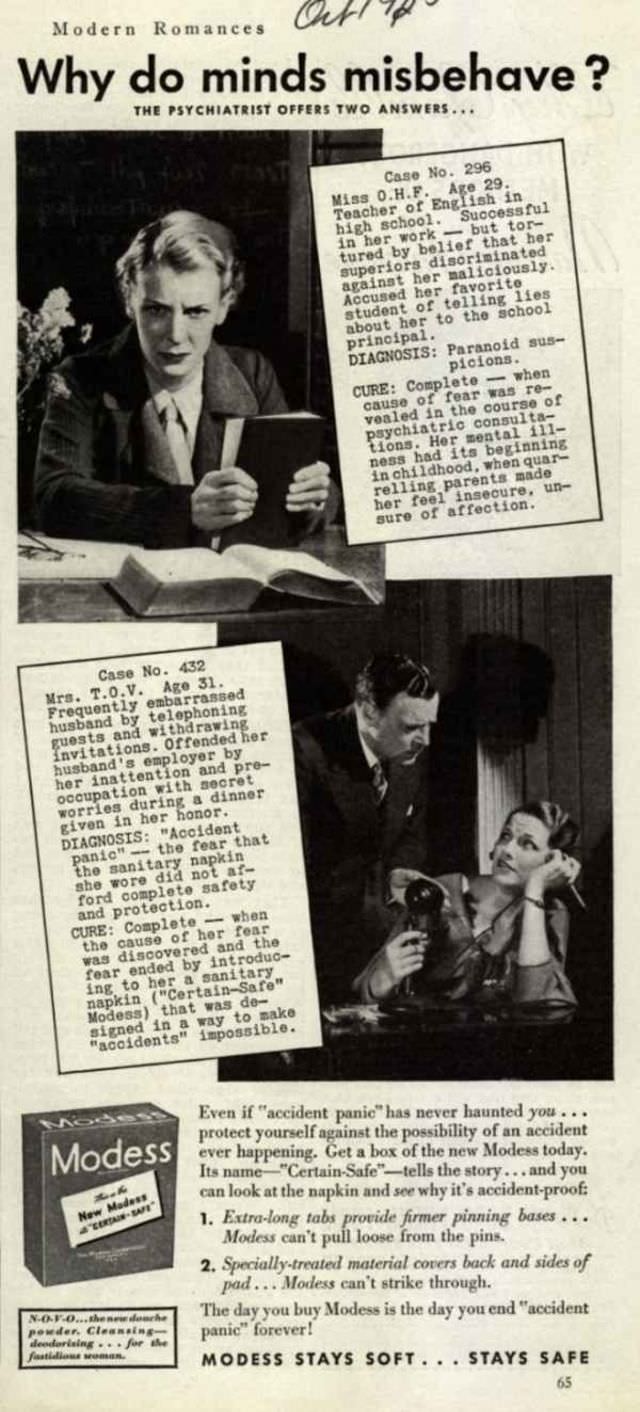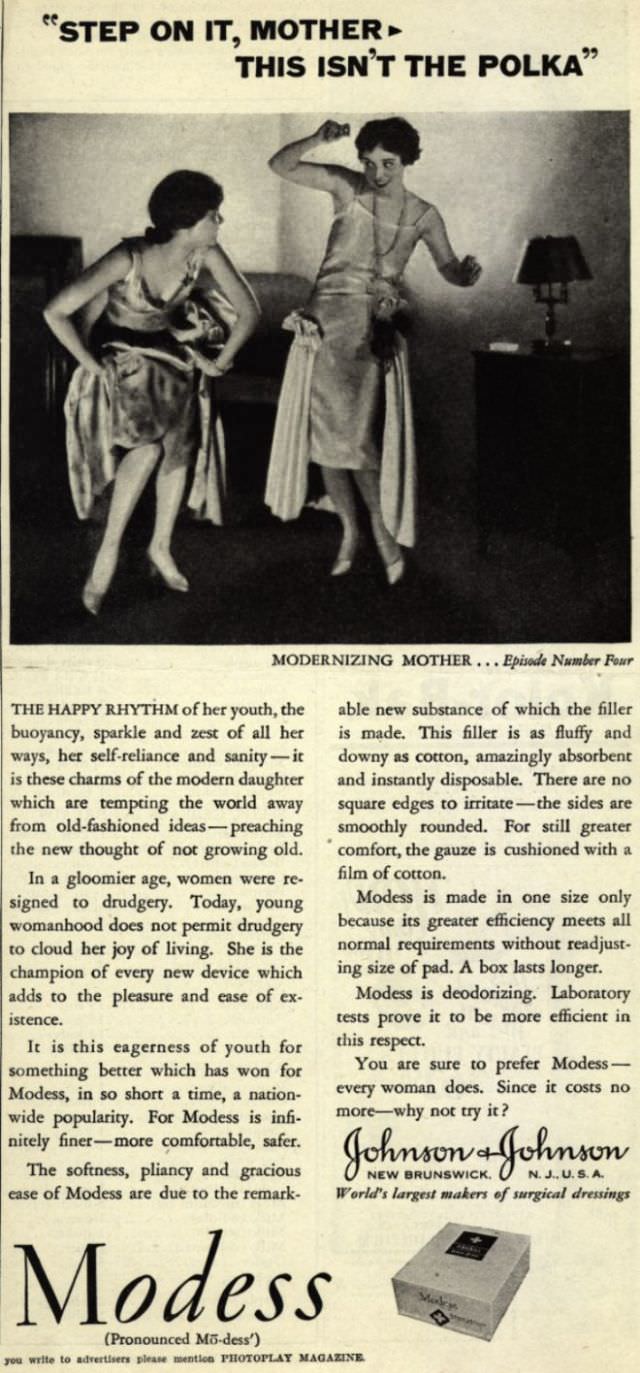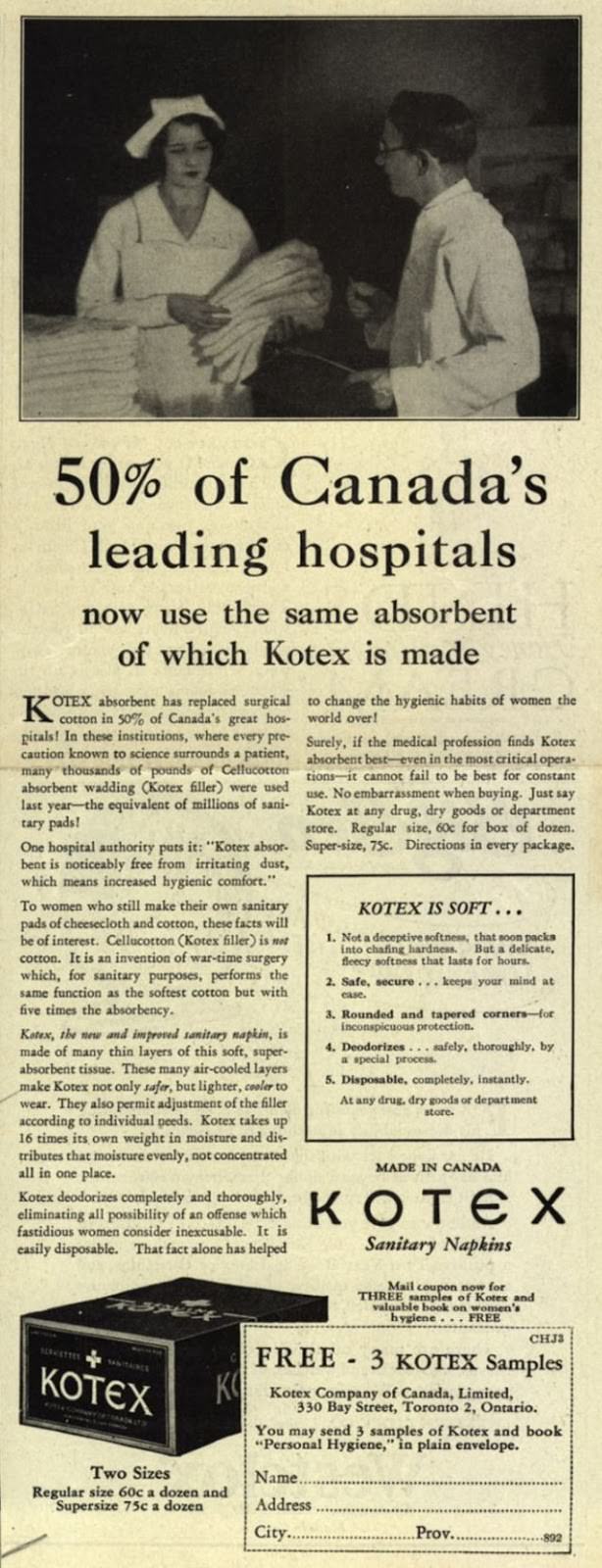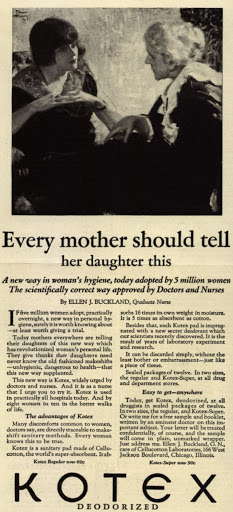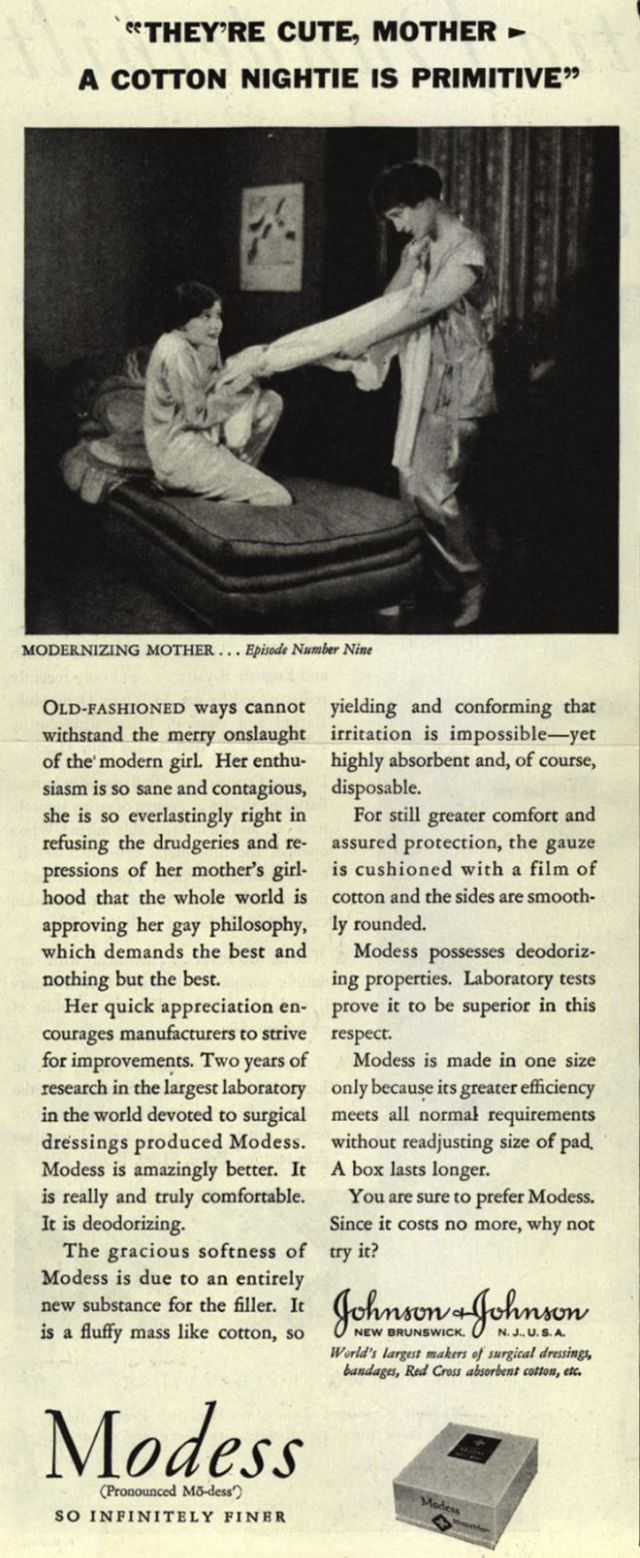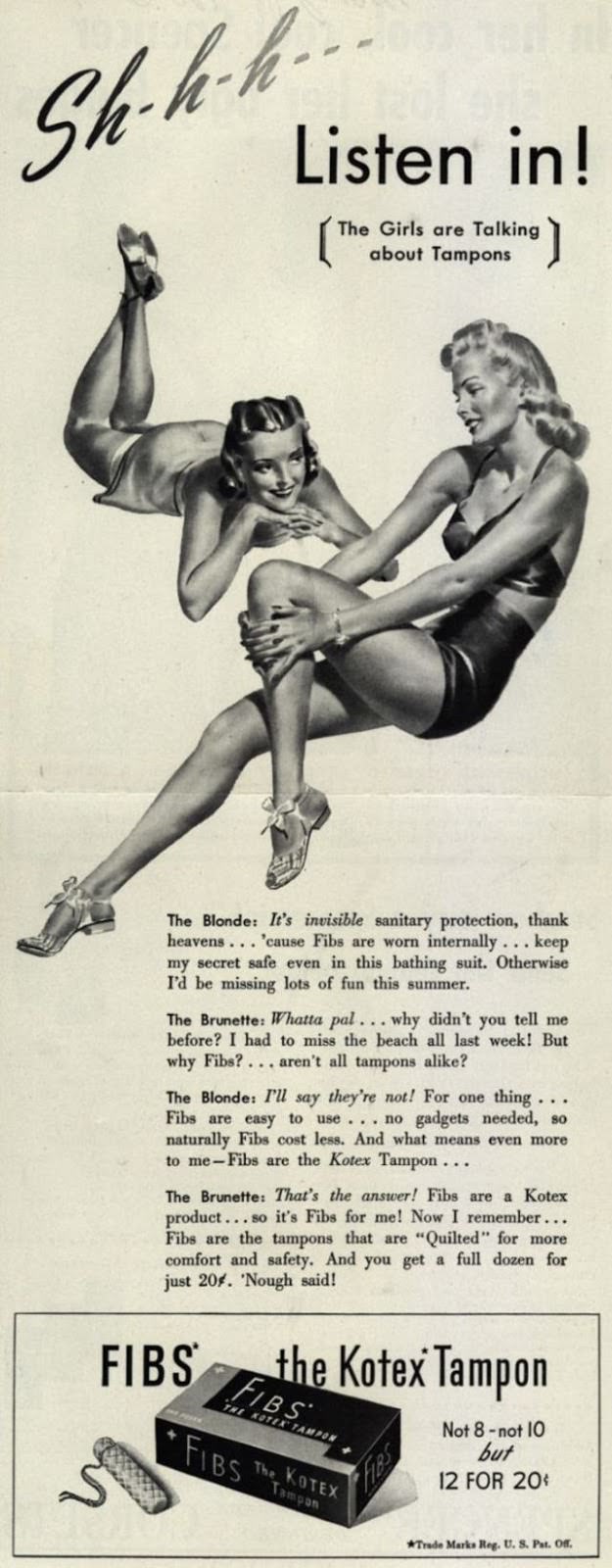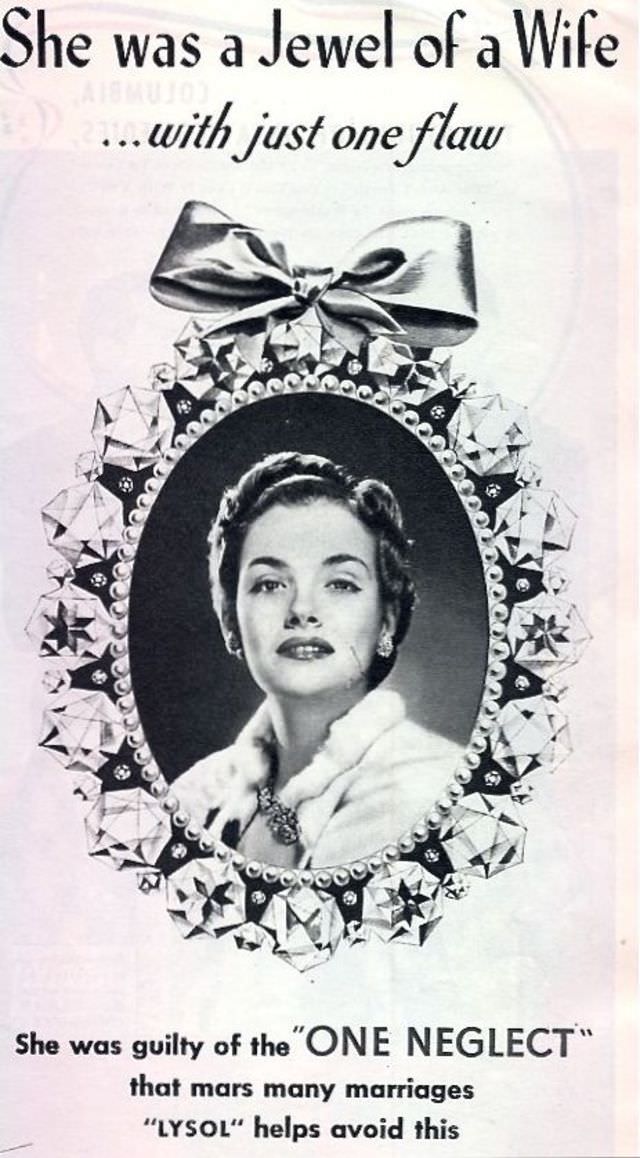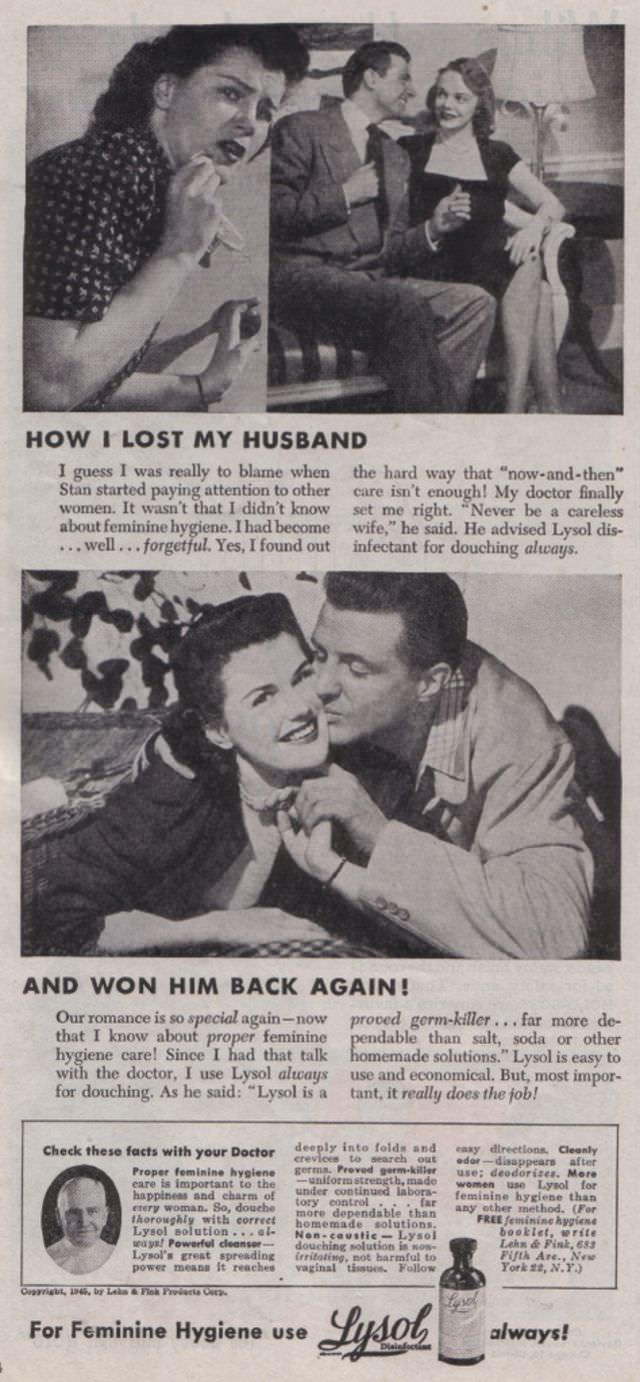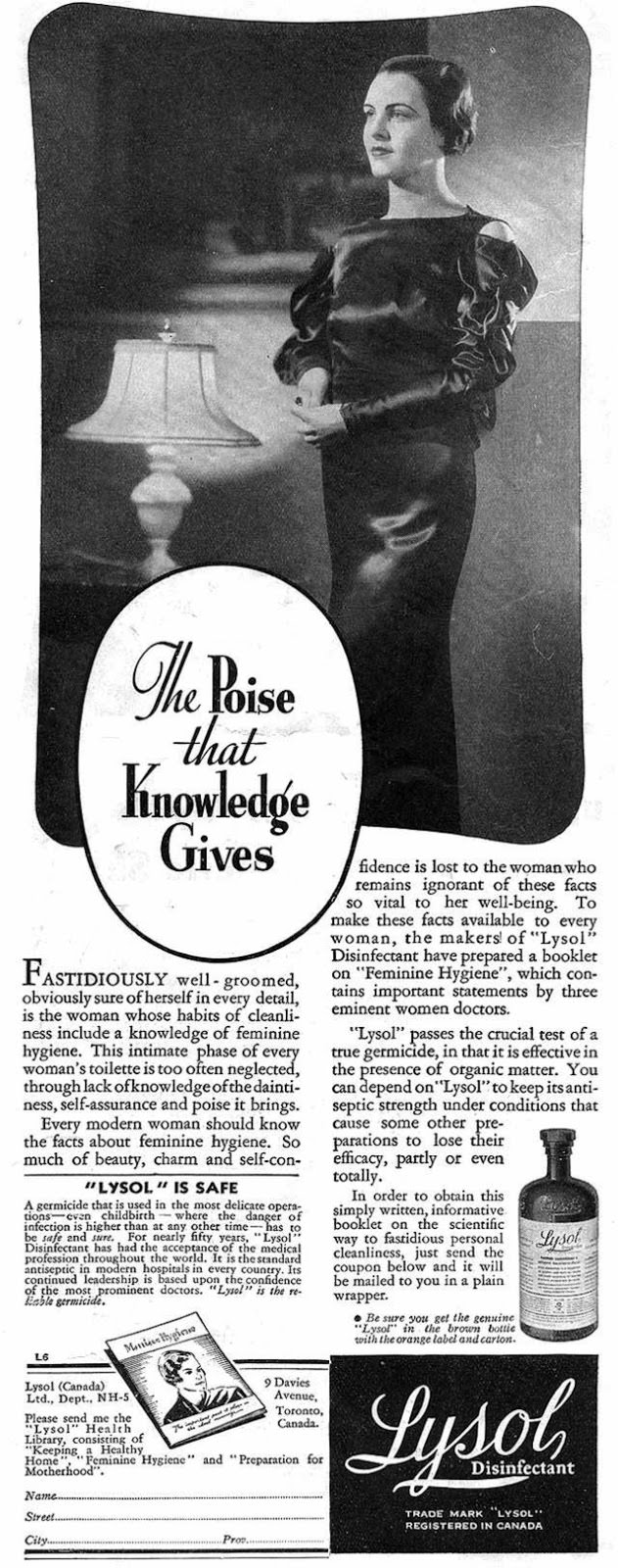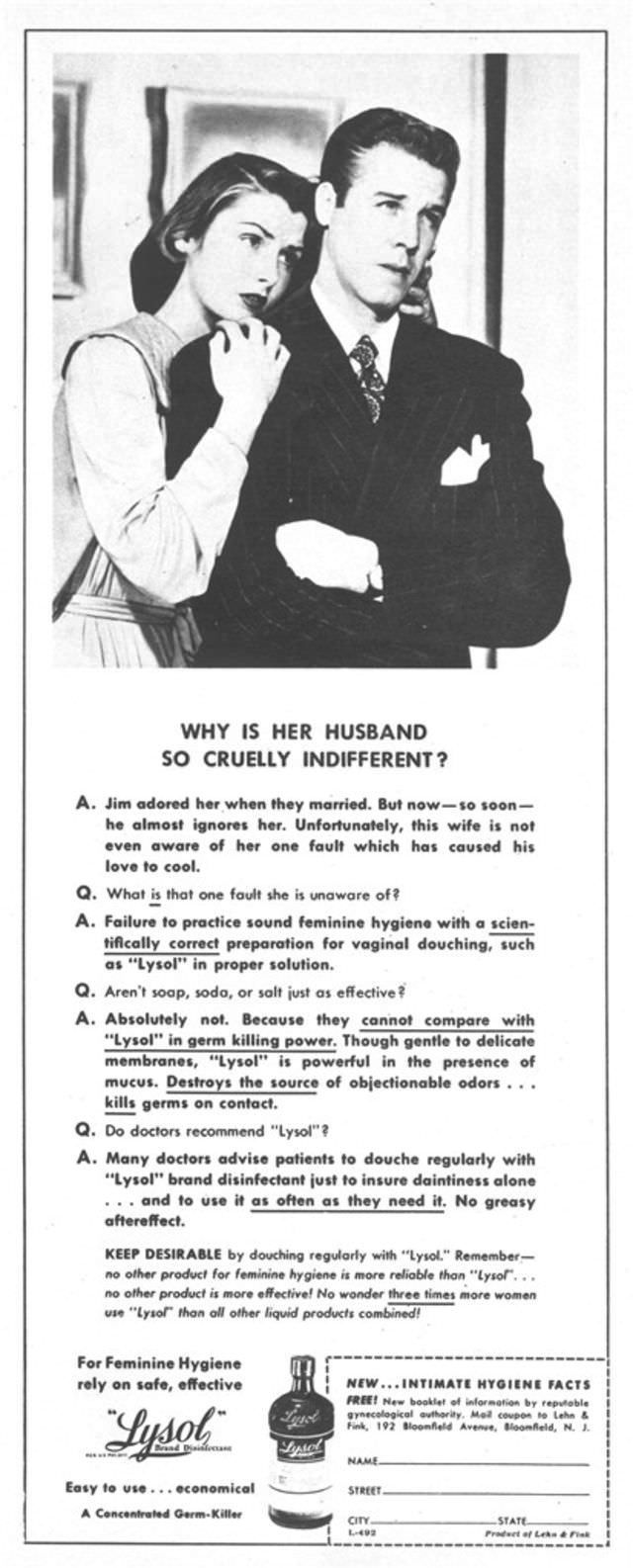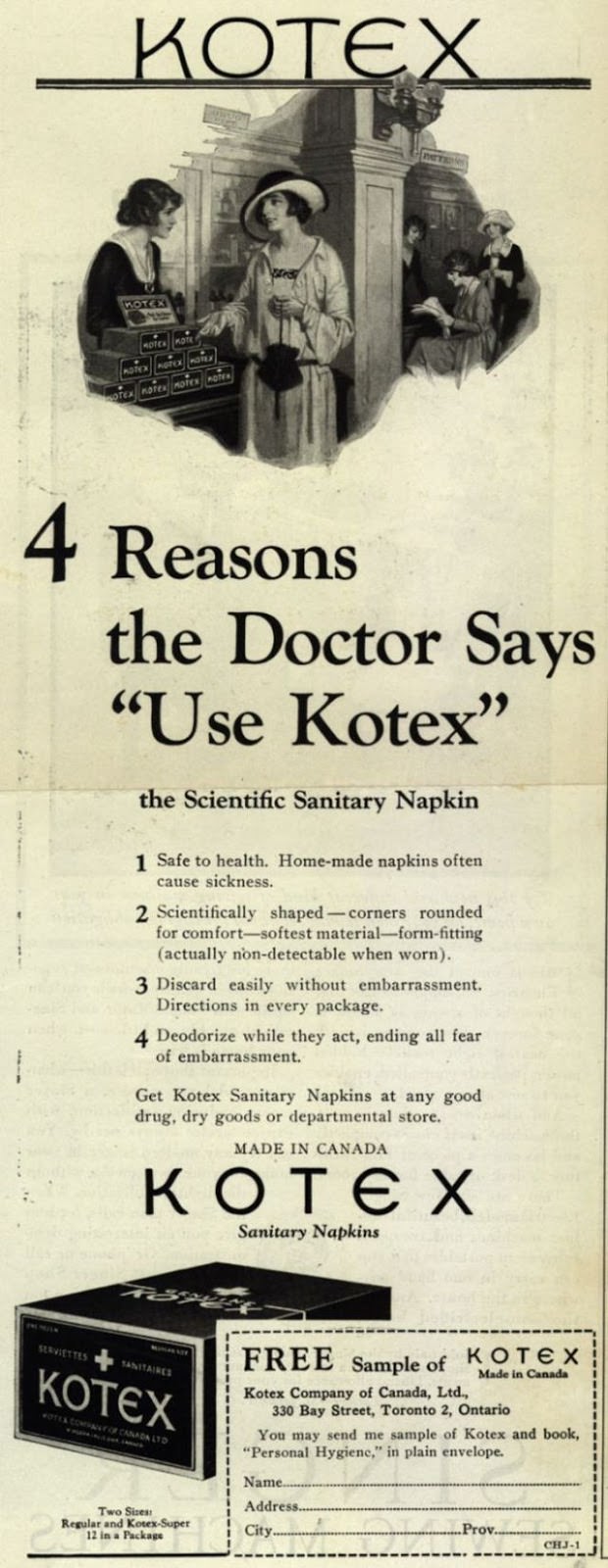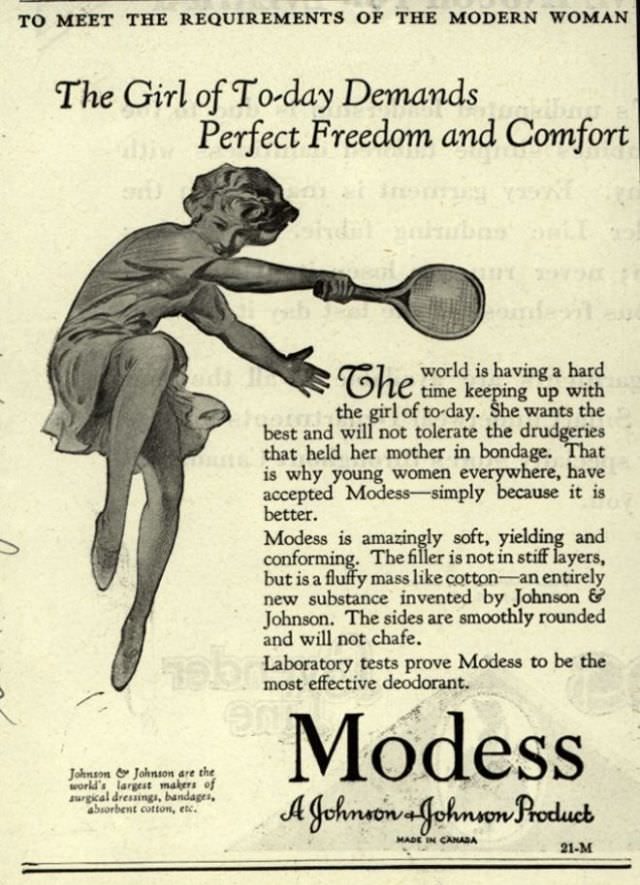The realm of advertising is no stranger to evolution, with strategies adapting to the times, societal norms, and consumer behavior. However, some of the most eyebrow-raising, chuckle-inducing changes are found in the niche of feminine hygiene product advertisements. The early 20th century was a particularly interesting era for these, characterized by a mix of overt caution, hush-hush attitudes, and an often comical lack of understanding of female anatomy and physiology.
Daintiness as a Duty: The Pursuit of Perfection
One of the most striking aspects of early feminine hygiene ads was the portrayal of “daintiness” and freshness as almost a moral obligation for women. Advertisements for products like ‘Zonite’ and ‘Lysol’—yes, the same brand known today as a hardcore disinfectant—were marketed aggressively as feminine hygiene products. These ads played on women’s insecurities, suggesting that marital strife (and even abandonment) could be directly attributed to a lack of personal hygiene.
A recurring theme was the idea of the “perfect woman” who, unknowingly, might be ‘offending’ with her natural bodily functions. The comedy – albeit unintended – stems from the dramatic scenarios depicted, where a husband’s slightest frown or a friend’s whispered gossip implied an unforgivable faux pas related to personal hygiene. Today, these ads are side-splittingly hilarious for their absurdity and the lengths women supposedly needed to go to maintain ‘daintiness.’
Medical Marvels? Misguided Endorsements Galore
The medical legitimacy these products tried to achieve was another source of humor. Brands enlisted ‘medical professionals’ to endorse their products, assuring readers that these items were not only safe but medically recommended. Lysol disinfectant, for instance, was advertised as a feminine hygiene product, with doctors’ endorsements assuring women it was safe and gentle. The irony and shock come from knowing that these products were anything but gentle.
Moreover, the ads were replete with medical jargon and complex diagrams, giving them an air of scientific legitimacy. The juxtaposition of serious, scientific demeanor with what we now know about health and hygiene is both hilarious and a little horrifying.
Hush-Hush: The Art of Vaguevertising
Ads were often incredibly vague, talking about ‘personal cleanliness’ or ‘feminine hygiene’ without mentioning the actual issue at hand. Products were often touted to ‘preserve marital bliss,’ prevent ‘offense,’ or maintain a woman’s ‘daintiness.’ This vagueness made them almost like riddles, the true meaning of which can only be understood by reading between the lines. The cryptic language and the hoops through which advertisers jumped to avoid directly referencing menstruation are a recipe for retrospective hilarity.


